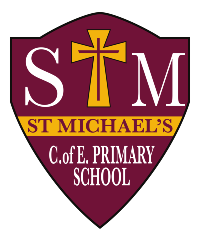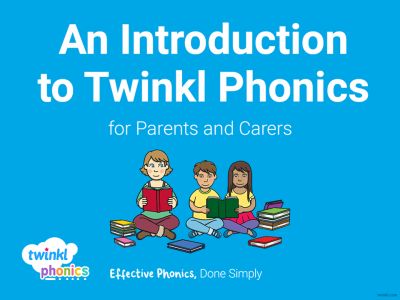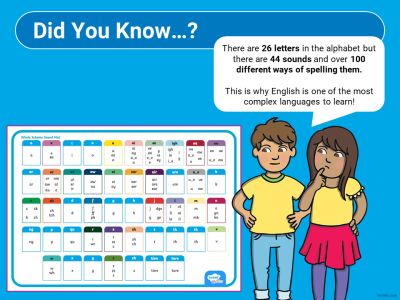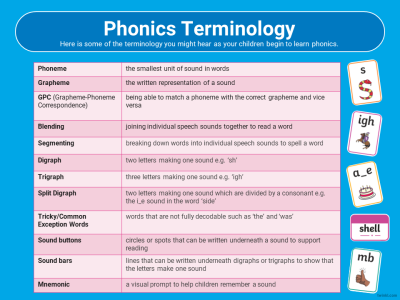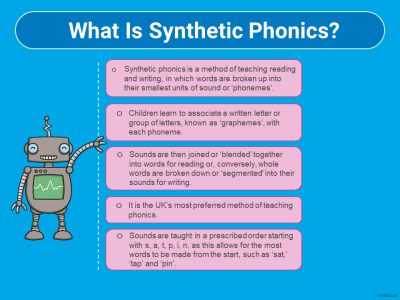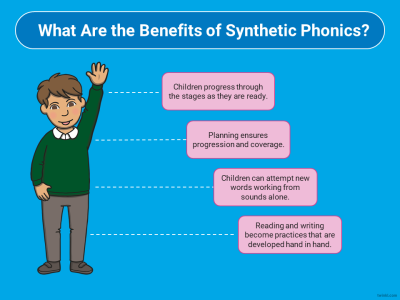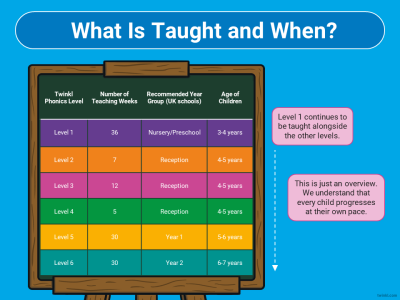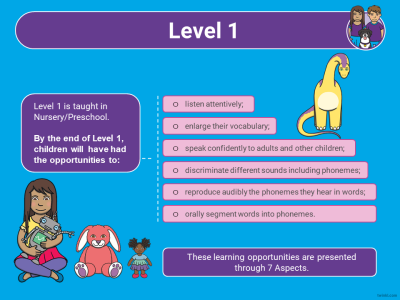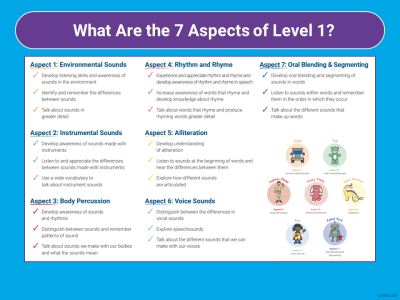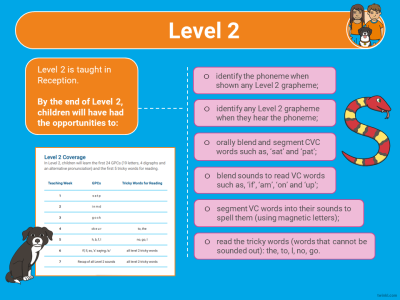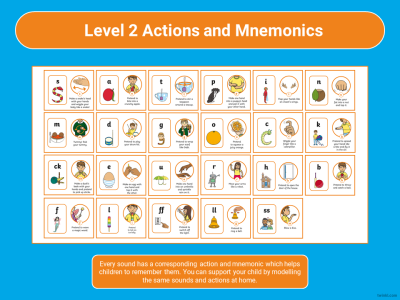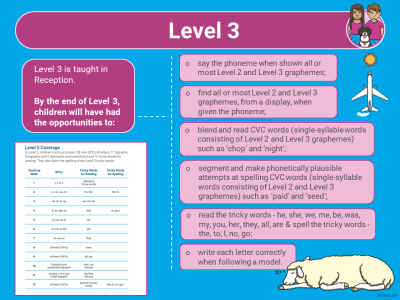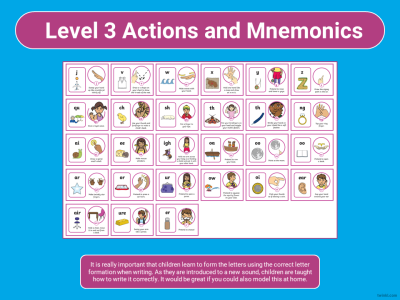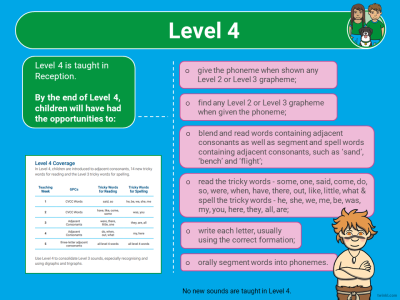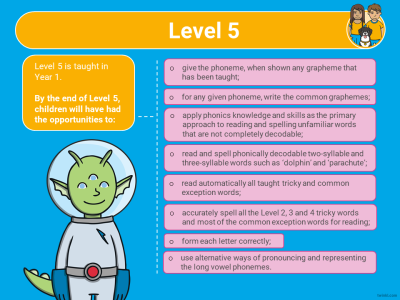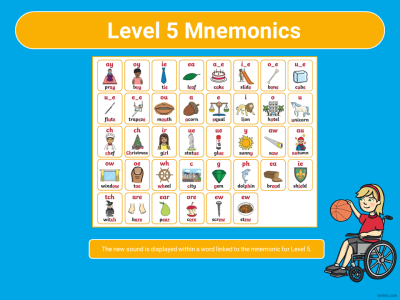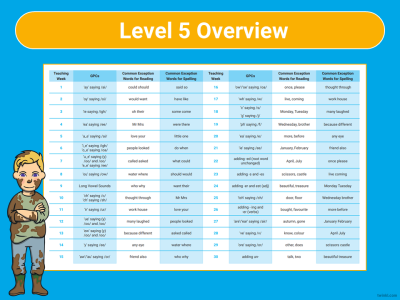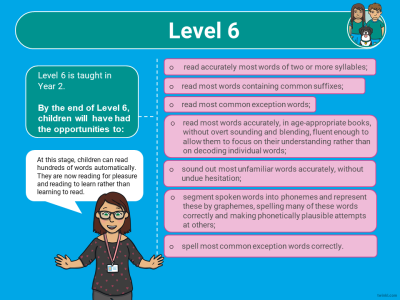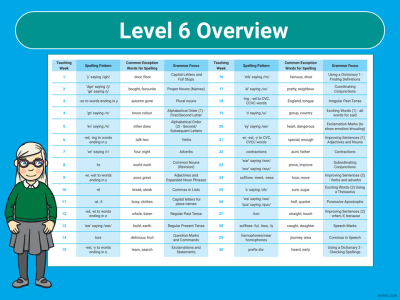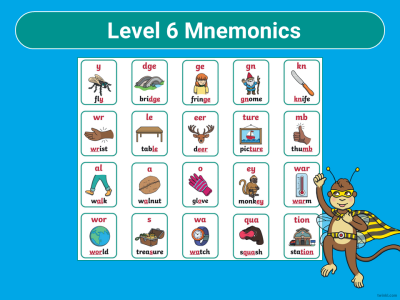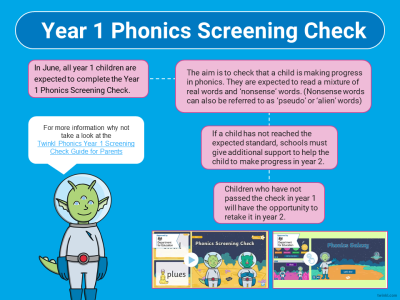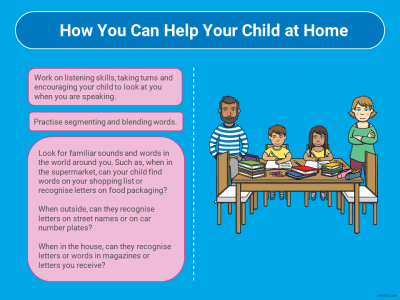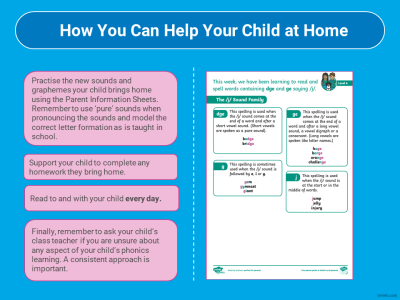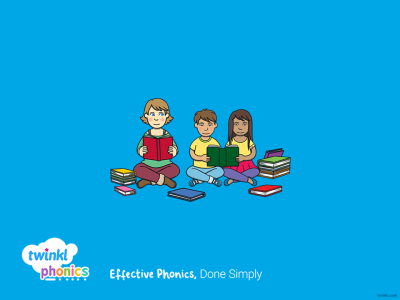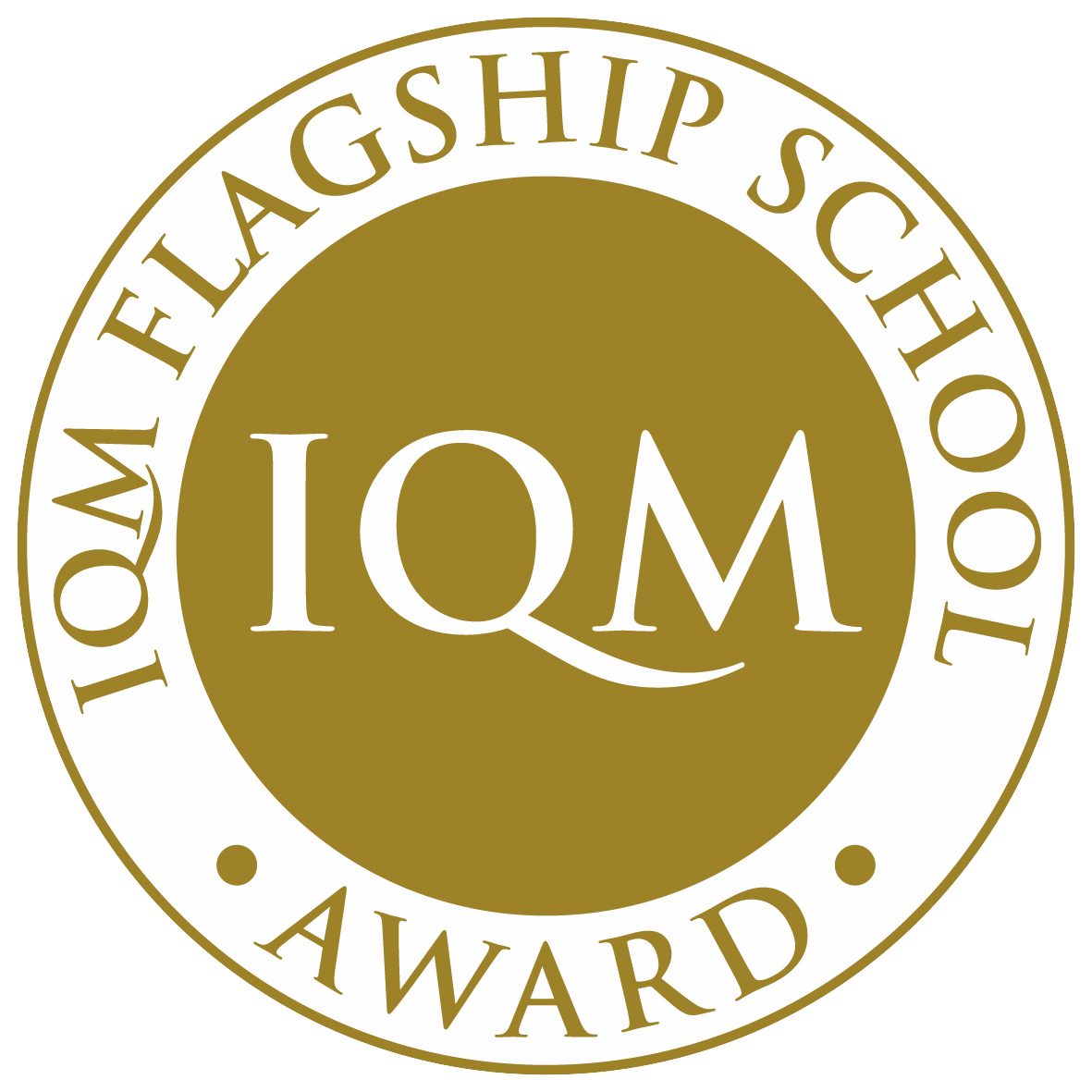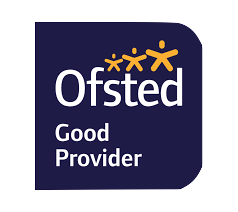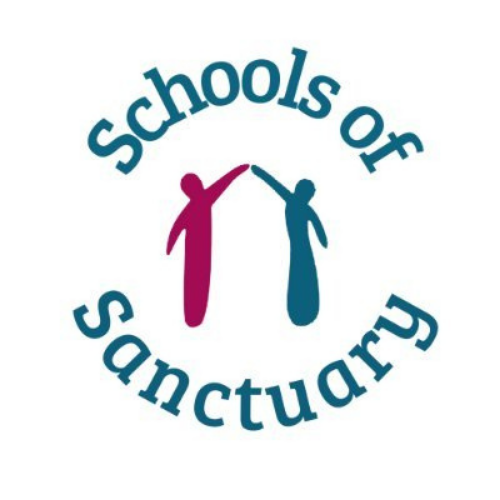English, Reading, Writing & Phonics
Through the English curriculum at St Michael’s, we aim to provide all children, regardless of any additional needs they have, with the skills to equip them to participate fully in society, become life-long learners and have the necessary skills to access the wider curriculum. We celebrate the diverse languages and multi-lingual nature of our school community, and whilst many of our children have English as an additional language, we ensure this enhances our curriculum rather than acts as barrier. We adapt our provision in English lessons, whilst maintaining high expectations for all, so that all pupils have the opportunity to meet expectations. Children will become competent in the arts of speaking and listening, being able to speak audibly, confidently and fluently with extensive and ambitious vocabulary, able to make presentations and participate in debates. We create a classroom culture that encourages dialogue. To inspire children’s learning in English, we will provide opportunities to experience poetry and author visits and performances, drama workshop and theatre visits. Children at St Michael’s will value reading as a life skill. They will be taught the building blocks of language, including phonics, spelling and linguistic conventions. They will read easily, fluently and with good understanding, and will have a love of reading. They will develop the habit of reading widely and often, for pleasure and information. They will experience a range of high-quality and rich texts which will reflect their culture and background, whilst simultaneously providing a window to the world beyond their own experiences. Our children will write clearly, accurately and coherently in and for a range of purposes, contexts and audiences. They will enjoy writing creatively, making use of their imagination and techniques they have learned. They will apply the skills they have learned through English teaching, across the wider curriculum.
 |
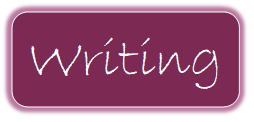 |
 |
Progression Maps
2023 2024 st michaels english reading progression map.pdf
2023 2024 st michaels english speaking and listening progression map.pdf
st michaels english writing progression map.pdf
English Curriculum
Please click on the links below to view or download PDF versions.
Reading and phonics
Aims
We believe that reading is a valuable and rewarding experience. We aim to ensure that our children value reading as an essential life skill that will provide them with the knowledge and understanding to be a lifelong learner. We believe that success in reading provides access to the wider curriculum. We intend our children to experience of a range of rich, high quality texts and to develop a love of reading. We focus both on decoding and comprehension to ensure children become skilled and fluent readers.
Programme
To support the development of reading, all children in the Early Years Foundation stage and in Key Stage 1 follow the ‘Twinkl’ systematic synthetic phonics programme which is a DfE validated scheme. The scheme builds and develops the skills and understanding children need to become effective, independent readers and writers.
Synthetic phonics
Synthetic phonics is a method of teaching reading and writing in which words are broken up into their smallest units of sound or ‘phonemes’. Children learn to associate a written letter or group of letters, known as ‘graphemes’, with each phoneme. Sounds are then built up or ‘blended’ together into words for reading or, conversely, whole words are broken down or ‘segmented’ into their constituent sounds for writing. The benefits of this approach are:
- children learn in an order which is well thought-out and allows them to progress through stages as they are ready;
- teachers have a structure for planning and clear stages for assessing children, in order to ensure progression and coverage;
- children can attempt new words working from sound alone;
- reading and writing become practices that are developed hand-in-hand
Children progress through the phonics level methodically building on prior learning until they reach the end of Phase 6. Children are assessed and taught at the level they require, this therefore may mean they are working on a phonics level below that detailed for their year group. The majority of children will follow the coverage detailed below.
- Level 1 phonics starts in Nursery and focuses on key listening and oral skills
- Levels 2, 3 and 4 are taught in Reception with a focus on single sounds, digraphs and trigraphs.
- Level 5 is taught in Year 1 and focusses on alternate sounds to those taught in Reception.
- In Year 2, children consolidate and further develop their phonic skills and spelling patterns through the level 6 programme coverage.
Organisation
Children are grouped according to the phonics level they are working at and take part in a daily phonics session each morning which is tailored to their learning needs.
Throughout the day children some children will have additional phonics sessions including pre and post teach sessions, keep up intervention and phonics blasts. This provides children with the best opportunity of securing their phonic knowledge.
Children apply their phonic knowledge through guided, shared and independent reading activities, giving them the confidence to read with understanding, fluency and accuracy, therefore enabling them to become independent readers.
Reading books
Children accessing the phonics programme at St Michael’s have books matched to the scheme and their secure phonic knowledge. These books are fully decodable. The main reading scheme used is Rhino readers which align fully to the ‘Twinkl’ phonics scheme supplemented by a range of other fully decodable books including Big Cat and Floppy’s Phonics.
Once children have reached the end of level 6 and have secure phonic knowledge, they read a wide range of texts within our school reading scheme predominant using the Oxford Reading Tree scheme. Confident and fluent readers move onto their own choice of novels in upper Key Stage Two.
Within school time all children are heard read regularly by a member of class staff. This may include their reading book and also phonic words in Reception and Year 1.
Wider reading and reading at home
Children from Y1-Y6 have a daily whole class guided reading session during which a number of reading tasks and skills are developed. These sessions include, reading fluency focus, reading stamina and vocabulary development.
All children are encouraged to read on a daily basis at home to enable them to practice their reading skills. We encourage families to read to their children and talk about books as often as possible. Books provide a valuable opportunity for children to develop and extend their vocabulary which they can then use within their own oral and written work.
Phonics is only part of the journey to beginning a capable and confident reader. Through the school day and the wider curriculum children have opportunities to listen, read and respond to a wide range of quality texts. Our English lessons are delivered through a text based approach and texts are used to support the delivery of non-core subjects.
Each day children have an allocated story/rhyme time in EYFS and KS1 and a whole class reading session in KS2 during which children listen to a text being read by an adult. From Y2-Y6 children have a daily extended independent reading session known as ERIC (Everybody Reads In Class).
Reading is encouraged through a range of strategies including, book clubs and fairs, library monitors, reading vending machine and reading areas within classrooms.
Further information for parents and carers regarding our phonics scheme can be found in the slideshow below.
Phonics Parent Guide

